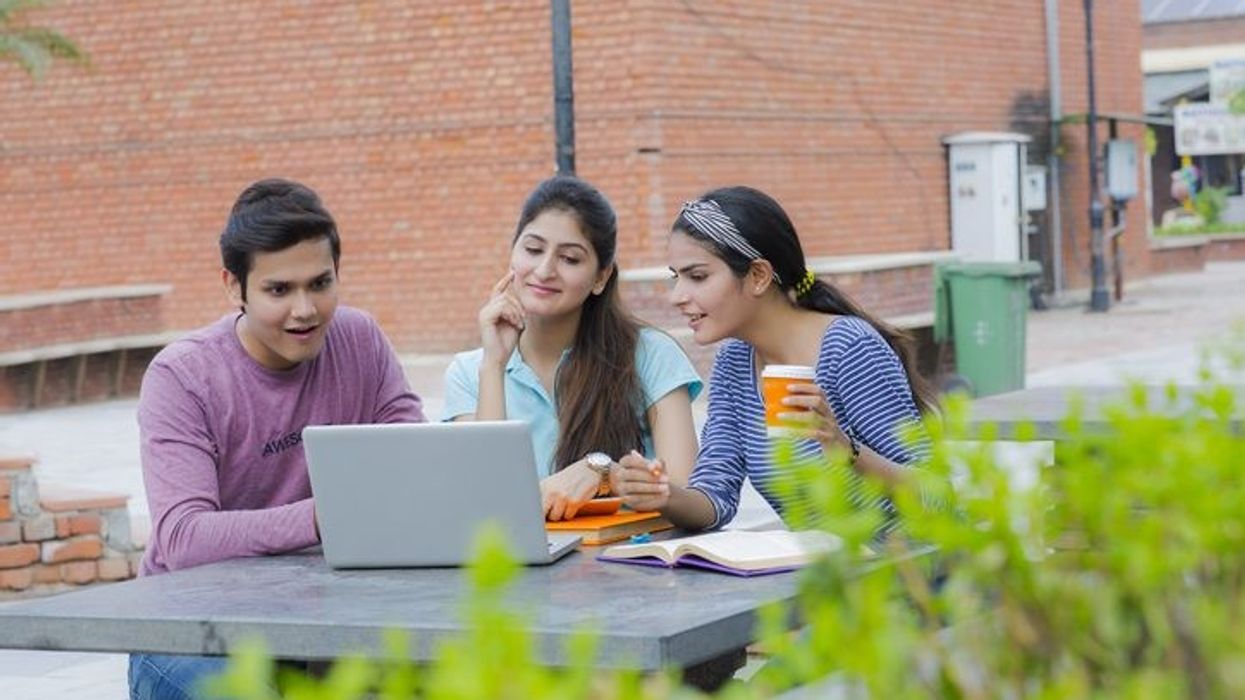Overseas graduates from British universities are facing potential hurdles in pursuing further study in the UK due to a nationwide marking boycott that has left their degrees ungraded. As a result, these students will be required to return to their home countries and reapply for new visas, a ruling implemented by UK Visas and Immigration (UKVI), The Times reported.
The “academic progression rule” imposed by UKVI will not only affect hundreds of recent graduates at the University of Edinburgh but also potentially impact thousands of final-year overseas students across the 145 universities participating in the marking boycott.
The academic boycott announced this year by the University and College Union in ongoing pay and pensions dispute with Universities and Colleges Employers Association has been simmering for years.
The academic progression rule requires proof of course completion for international students pursuing further study at UK universities. Failure to meet the requirement would necessitate their return to their home country for reapplication of a new study visa which may require them to spend thousands of pounds.
This situation has led to frustrations among students, who may also have to sacrifice their jobs and accommodations in Britain.
The absence of a contingency plan by both the government and university authorities, despite foreknowledge of the issue, has added to the discontent among affected students.
The lack of safeguards, previously communicated by Edinburgh University, contradicts the current reality, leaving students feeling let down.
While government sources suggest the possibility of universities issuing "highly likely to complete" letters to allow high-achieving students to remain in the country, insiders at Edinburgh University refute this claim.
They maintain that without official grades ratified by a board of examiners, it would compromise academic standards to provide such letters.
The Home Office has stated that students awaiting their results due to the marking boycott can apply to extend their permission to stay while waiting.
The University of Edinburgh acknowledges the widespread impact of the boycott and expresses regret that they have been unable to shield their students from this nationwide dispute.
They are in line with other institutions and are working to clarify visa advice for students in this complex situation.
Students are encouraged to seek guidance from the Student Immigration Service regarding their visa status and the best course of action based on their individual circumstances.




